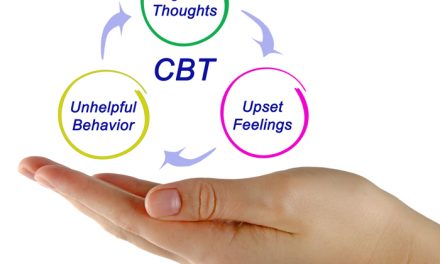Journaling is a Great Way to Support Sobriety
Not too long ago, we wrote about the various ways in which journaling can support your recovery from a substance use disorder. In that blog entry, we considered four different kinds of journals that might be helpful:
- A gratitude journal in which you write down a few things each day for which you are thankful.
- A creative journal in which you write or draw and simply celebrate your own imagination.
- A goals journal in which you record each step you need to take to achieve something wonderful.
- A reflection journal in which you look back on your day and jot down what happened and how you felt about it.
Maybe one or more of those ideas appeal to you. Maybe you even found a notebook or an app or sat down at your computer to get started.
And then maybe you encountered a blank white page and found you had no idea how to begin.
That is a pretty common experience. On the one hand, it should be easy to get started because this is your journal. It is intended to help support your sobriety—and as long as it is doing that, you are doing it right. No one else needs to see it, and there is no wrong way to begin. The key is just to start—and then to keep going.
Still and all, that blank page can be very intimidating. So intimidating that you might be tempted to quit before you have even begun.
That would be a shame because a journal really can make a difference in your life and can support your efforts to stay sober. Fortunately, there is a simple tool that can help you get started and build momentum as you embark on a journaling practice.
A Handful of Prompts to Get You Going
You might remember a teacher giving you writing prompts when you were in school. They would provide a topic like, “If you were a superhero, what would your superpower be and how would you use it to help people?” Maybe your teacher would encourage you to draw yourself as the hero, too. (We were somewhat surprised to learn that this very question might also come up in a job interview!)
The following five journal prompts work exactly the same way as that exercise from back in school. They are intended to give you a jumping off point so that you do not spend your time just staring at a blank page wondering what to write.
- Give yourself 10 minutes to write down things you are grateful for—big and small and in between. You might be amazed by all the things you can come up with in that short period of time. And each item on your list can become its own journal entry as you think about why you are grateful for it.
- If you could say thank you to someone who helped you through a difficult time (whether related to your substance use disorder or not), what would you say to them? Once you have written your thank-you in your journal—and if it is possible—consider reaching out to the person in question to share your thanks.
- Imagine meeting someone for the very first time. What are three things you would like that person to know about you? Why is each of those things important to you? This is a good opportunity to remind yourself that you are not defined by your substance use disorder.
- Write about an activity you really enjoyed as a young person. Maybe you were in the high school band or were a theater kid. Maybe you played a sport. Maybe you were involved in volunteer projects. What did you enjoy about the activity? Could you return to it now—or find a hobby that brings you the same kind of joy? What would be the first step?
- Write down three things that stress you out. Then brainstorm some approaches to making those things less stressful. For example, does the traffic annoy you on your morning commute? Could you leave a little earlier to try to beat the morning rush?
We are hopeful that these five prompts can get you going. But if you are not inspired yet, you can find many, many more prompts related to the recovery journey here. Once you find inspiration to get started, you may well find that journaling becomes an activity you look forward to.
Start a New and Sober Story at The Aviary Recovery Center
At The Aviary Recovery Center—located near St. Louis, Missouri—we are committed to helping everyone we serve rewrite their personal story. If you are struggling with drugs or alcohol, the most important thing you can do is get effective, evidence-based, personalized treatment. At The Aviary, we offer medically supervised detoxification, a rehabilitation program that can also address any co-occurring mental health disorders, and a continuum of care that provides ongoing support as your recovery journey gets underway.
We can help you get to a place where your very first journal entry can begin: “I am so glad I got sober.”










